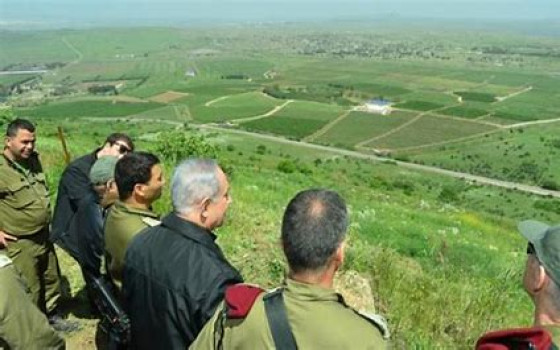
Syria: Israeli incursion and occupation of Quneitra lands anger its residents and their resentment of the silence of the new rulers of Damascus

- Europe and Arabs
- Tuesday , 7 January 2025 11:39 AM GMT
Capitals: Agencies
In the southern Syrian city of Quneitra, main roads were blocked with dirt, fallen palm trees and crumbling metal poles that were once traffic lights. Behind these barriers, an Israeli tank could be seen maneuvering in the streets, in a scene that mirrored Israeli movements inside the buffer zone in the Golan Heights.
Israeli forces entered the buffer zone, established under the 1974 ceasefire agreement between Syria and Israel, shortly after the fall of President Bashar al-Assad last month, and their movements extended into Syrian territory, sparking widespread protests from local residents.
Residents reported that the Israeli army demolished homes and prevented farmers from reaching their fields, while troops opened fire on demonstrators who approached their positions, wounding a number of civilians.
Lack of official action causes frustration among residents
Residents of Quneitra, a quiet rural area of small villages and olive groves, expressed their frustration with the Israeli incursion and the silence of the new Syrian authorities and the international community. Renata, a resident of the area, said Israeli forces had raided government buildings but had not yet entered residential areas.
She said her home was located in a newly closed area in the provincial capital, which has been renamed from Baath City to Peace City. Renata expressed concern about the possibility of continued Israeli expansion or an attempt to permanently occupy the captured areas.
She noted that the new Syria, which is still building its institutions and national army from scratch, is in no position to confront Israel militarily. But she expressed her dismay, saying, “Why is no one in the new Syrian state talking about the violations in Quneitra and the rights of its people?”
In the village of al-Rafid, inside the buffer zone, residents said the Israeli army had demolished two homes and an orchard, as well as a former Syrian military site. In the village of al-Duwayyah, outside the buffer zone, Abdul Rahman Khaled al-Aqqad, 18, was shot in the legs during a protest on December 25, during which demonstrators chanted, “Free Syria, free, Israel get out!” “We were not armed, but when we approached they opened fire on us,” Akkad said. Residents reported that six people were injured in the protests, while another man was injured in a similar incident in the village of Maariyah on December 20.
Israeli Excuses and Syrian Silence
Israel has described its activities in Syria as defensive and temporary. In a statement, Israeli Foreign Minister Gideon Sa’ar described the new Syrian leadership as a “terrorist gang,” claiming that several countries are seeking to recognize the new Syrian government only to return Syrian refugees.
For its part, the United Nations has accused Israel of violating the 1974 ceasefire agreement by entering the buffer zone, while Israel claims to be committed to the principles of the agreement. The new Syrian government has filed a complaint with the Security Council about the Israeli airstrikes and incursions, but the issue has not appeared to be a priority for its leadership, which is seeking to consolidate its control and lift Western sanctions.
In a public statement, Ahmad al-Sharaa, the leader of Hayat Tahrir al-Sham, said that Syria does not seek a military conflict with Israel and will not pose a threat to its neighbors or the West, in a clear indication of a change in Syrian policy toward Israel.


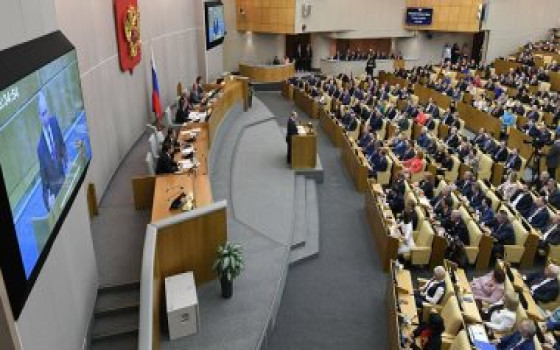

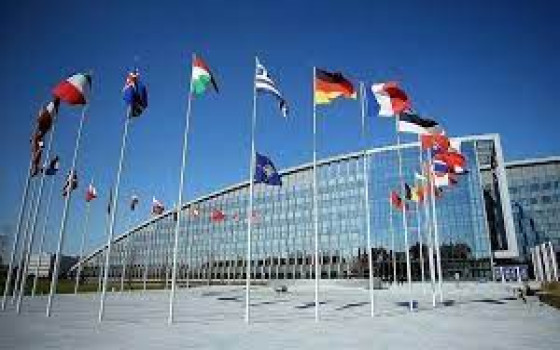
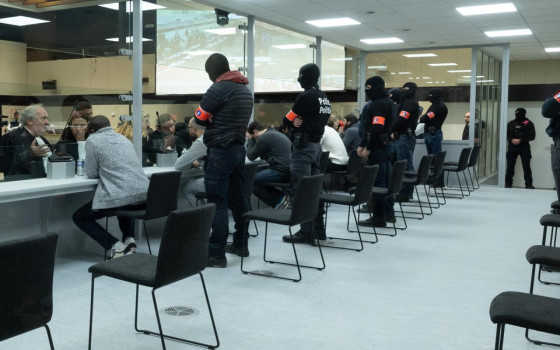
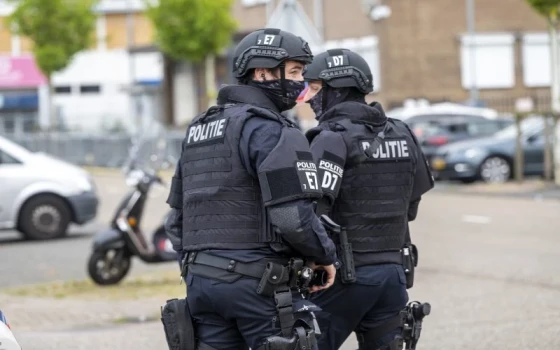
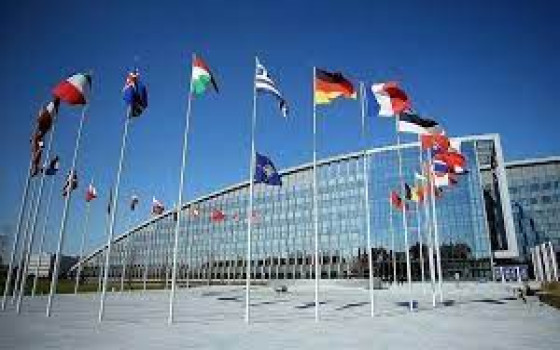
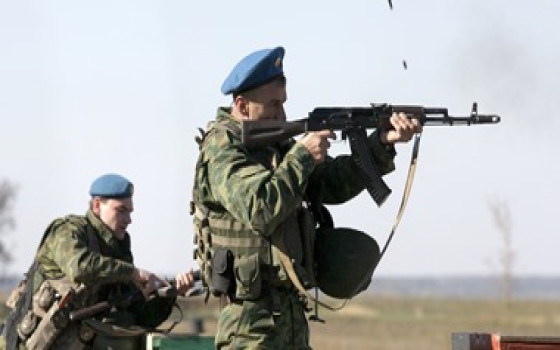
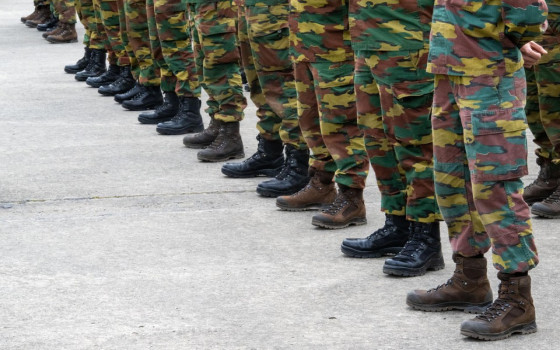

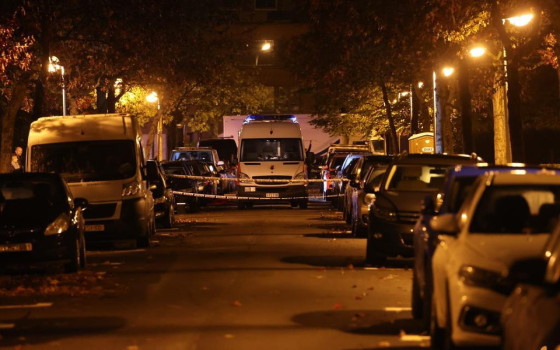
No Comments Found